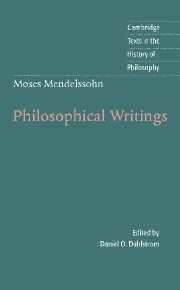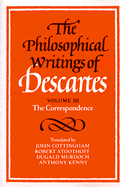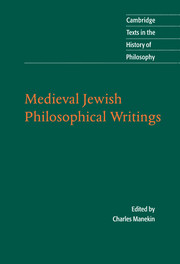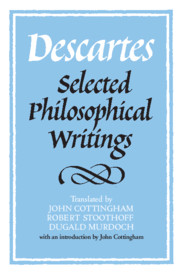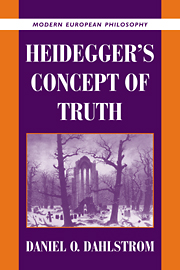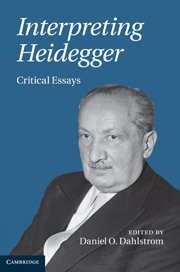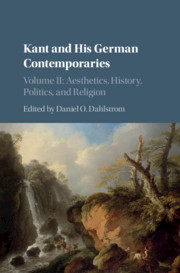Moses Mendelssohn: Philosophical Writings
Mendelssohn's Philosophical Writings, published in 1761, bring the metaphysical tradition to bear on the topic of "sentiments" (defined as knowledge or awareness by way of the senses). They include a nuanced defense of Leibniz's theodicy and conception of freedom, and examination of the ethics of suicide, an account of the "mixed sentiments" so central to the tragic genre, an hypothesis about weakness of will, an elaboration of the main principles and types of art, and a brief tract on probability theory, aimed at rebutting Hume's skepticism.
- Text is a key contribution to 18th-century aesthetics and drama theory
- Succinct statement of the views against which Kant reacted in developing his own transcendental philosophy
- Historical and philosophical introduction, useful notes and chronology
Reviews & endorsements
"The writings in this collection are interesting both in terms of Mendelssohn's own philosophical and literary powers and in terms of his relationship to other important philosophical and cultural figures, particularly Leibniz, Shaftsbury, Lessing, and Kant." M.A. Bertman, Choice
"...this is a volume that a student of German philosophy and the Enlightenment will find useful." SYlvana Tomaselli, Dialogue
Product details
May 1997Paperback
9780521574778
364 pages
228 × 152 × 20 mm
0.49kg
2 tables
Available
Table of Contents
- Part I: On sentiments
- Dialogues
- Part II: Rhapsody or additions to the letters on sentiments
- On the main principles of the fine arts and sciences
- On the sublime and naive in the fine sciences
- On probability
- On evidence in metaphysical sciences
- On the ability to know, the ability to feel, and the ability to desire
- On the question: what does 'to enlighten' mean?

